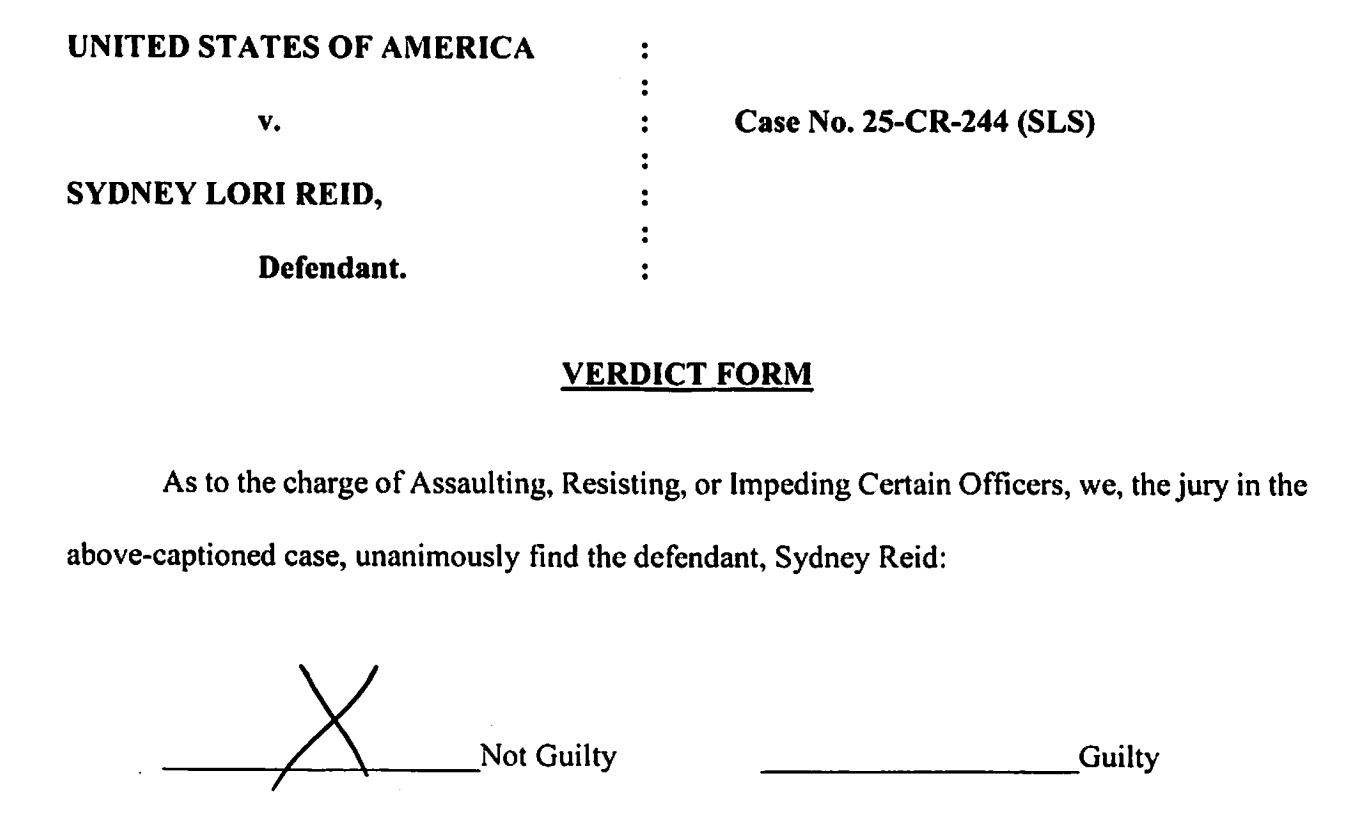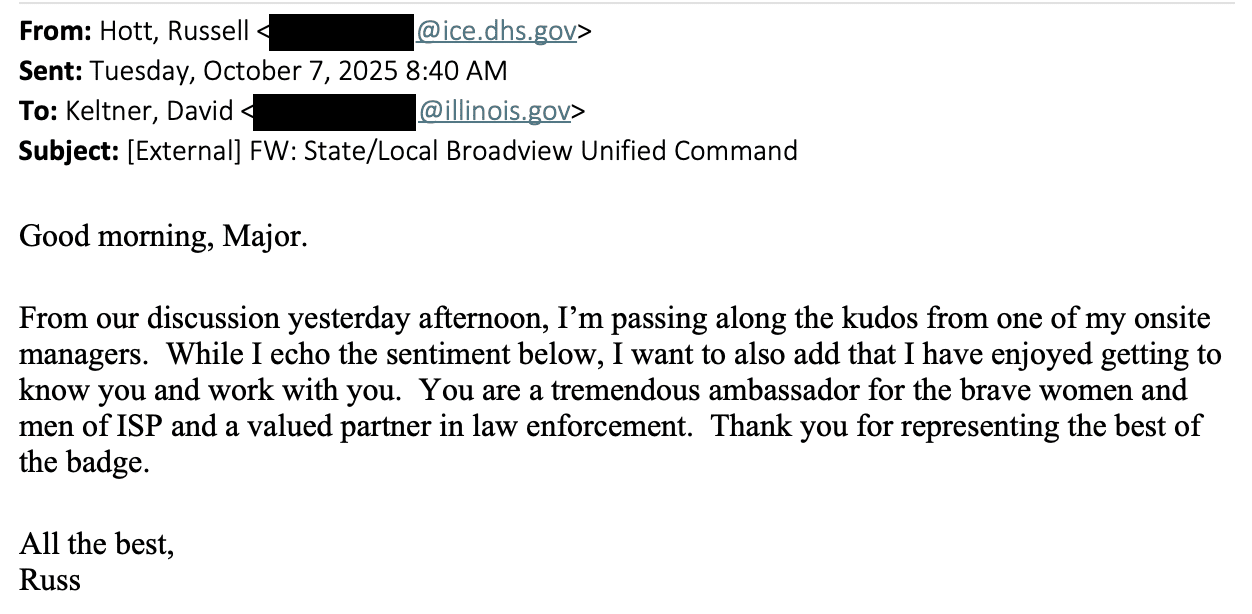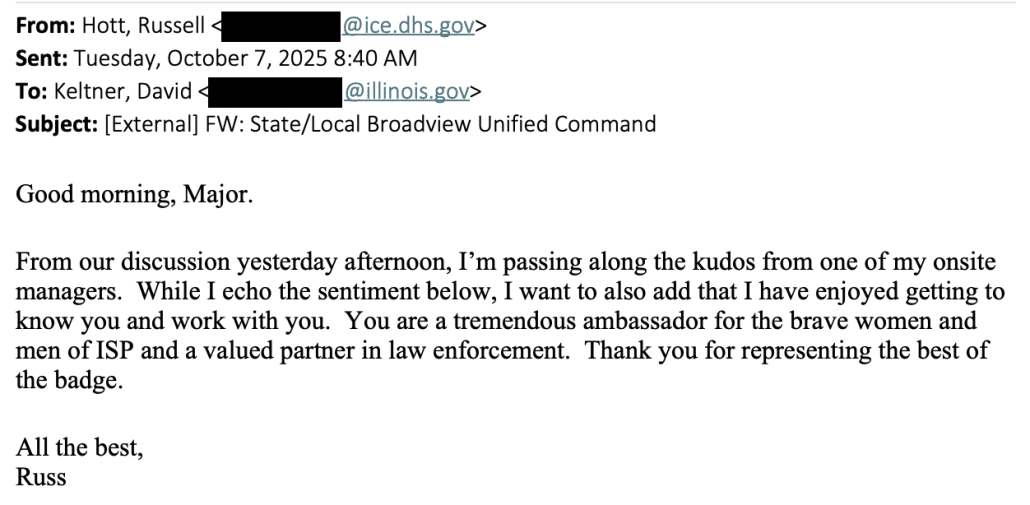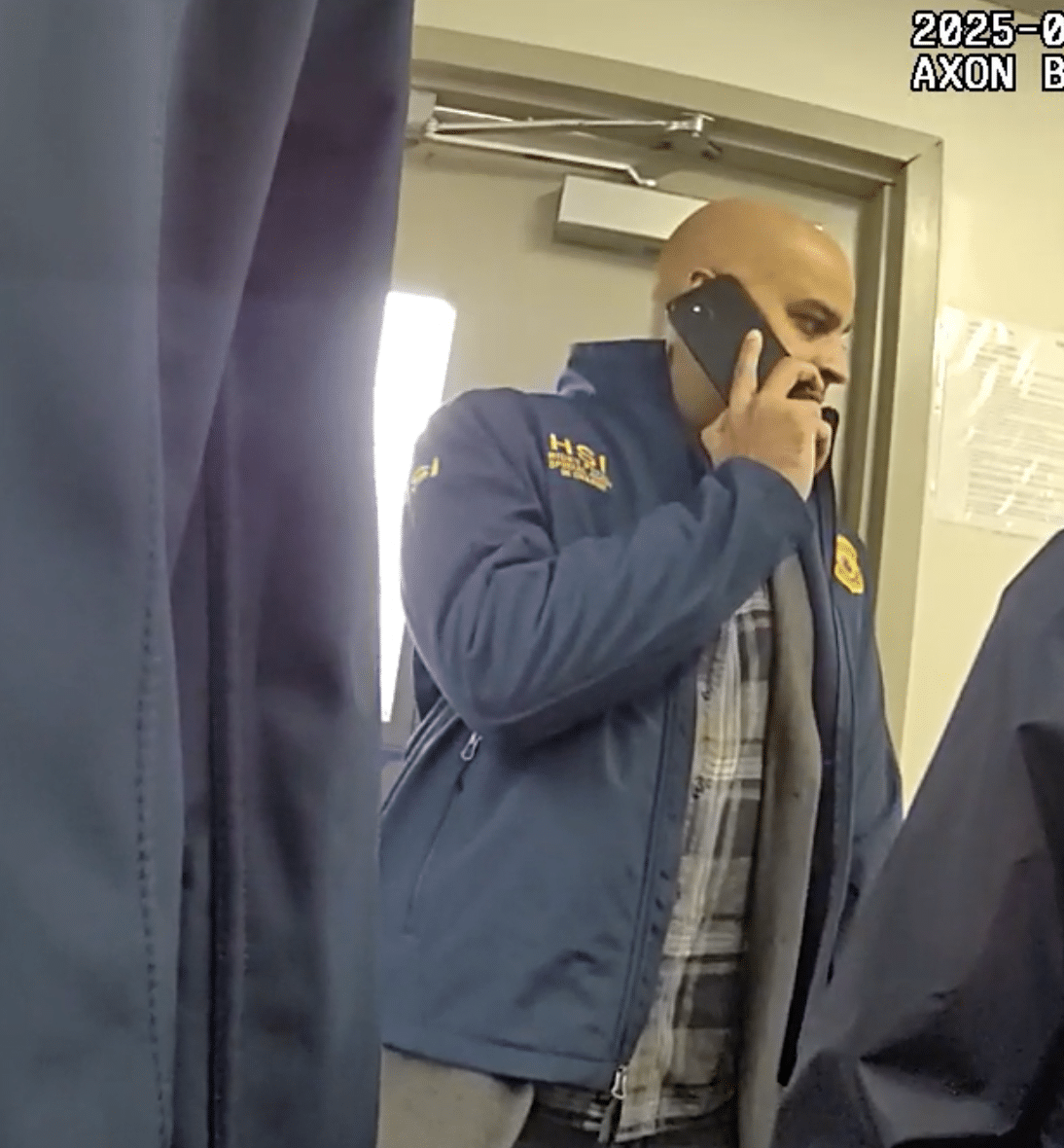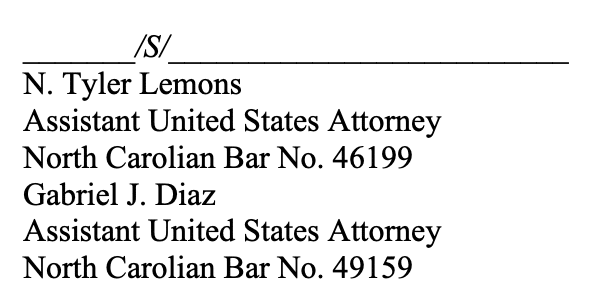Yesterday, French Prime Minister Sebastian Lecornu gave the speech of his life. Tomorrow, he’ll find out if it worked.
Update: It worked.
Sebastian Lecornu survived the No Confidence vote. Next come the hard part: governing France.
Something shifted in French politics, while Macron was off arm wrestling with Trump in Egypt. Lecornu, self-proclaimed Macron’s warrior monk earlier this week, claimed to be independent of Macron. And surprisingly enough, it might be true. Lecornu seemed to just maybe have broken with Macron, perhaps after being thrown to the wolves, then picked up and thrown at them again.
The speech was expansive, Lecornu took on so many topics as to be remaking France altogether. He doesn’t have that kind of power, and the parliament is hopelessly divided. But hey, when they hand you a whole France, go big or go home. He informed the Right that they would be denied relevance as long as he’s there. Most of Les Republicans, the equivalent of the Republicans in America, have also essentially shown their stripes and have joined Le Pen’s fascists, just as our Republicans have dropped the mask of democracy and sought naked power instead.

Lecornu speaking before the National Assembly, eying the left side of the room.
The Republicans are gone, and might as well sign up for their Gestapo apprenticeships. (The French ones. Ah hell, the American ones can come, too.)
Lecornu did not shy away from important and divisive discussions, he went straight for them. He woke everyone up immediately, starting out with the right to die, fighting racism, homophobia, anti-semitism. He called out a French hunger for security and justice. It was a rare French political shock moment. He was willing to hit hot-button topics, to piss people off. Specifically, National Rally people. (Rassemblement National to the French)
Tuesday afternoon, he looked down the line at the dwindling traditional parties of France, and rejected the the National Rally. Marine Le Pen, the head of the far right party and the Trumpist figure of France, scrolled on her phone and tried to look bored. She looked angry.
At the 7 minute mark of the 30 minute speech he said there would be no more cutting out Parliament from the legislative process in France. He would give them their say, come hell or high water. Lecornu threw away the normal platitudes of French politics and talked plainly about the ways the Republic isn’t working. He listed some crises facing France: social, economic, budgetary, environmental/climate. The damage of the pandemic, the outbreak of war, the need for clean energy, which is also climate. (Though really they are all of a piece with the global polycrisis.)
Early on in the speech he established that he was not going to be a traditionalist. “We are living through a geopolitical shift,” he intoned. “There are those who wish to hold on to the old ways, and they will disappear.” This was likely an shot at Les Republicans, as the once softer right party that has been mostly folded into the obviously fascist National Rally.
Lecornu also promised to pause the unpopular pension reform that pushed retirement from 62 to 64. (That might not seem like much of a concession to Americans, but it’s more complicated than it seems, more on that later.)
“Rejecting the old ways—” That’s where he lost RN, or perhaps kicked them out the door. And the room reacted. Le Pen waved goodbye as if to push Lecornu away, and the left side of the room realized that Lecornu had broken, at least somewhat, from his centristsmasters. It was a thing to see. Everyone seemed surprised, if not all pleased, to watch Lecornu walk out of the consensus he’d lived his whole career in.

Marine does not approve this message.
The “Dédiabolisation” (what we would call rehabilitation) of Marine Le Pen has been far more successful than anyone left of Satan wants to admit. She remains diabolical to her core, even if she has shaken off much of the taint of her murderous, white supremacist father. But her ideology is still one of exclusion, bigotry, and ultimately, murder of some arbitrary out-group of people. (It doesn’t even much matter which, the violence and fear are the point.)
Lecornu said the thing that needed to be said, that: “We can no longer act as we have acted.” He owned the failures in a way that his president seems incapable of. Will it stick? Will it matter? In national politics, it often takes years to answer that.
“Our fall is not certain, progress is not certain,” he said. That’s what makes this moment so scary, not just for France, but America, and the whole world too. Not that all hope is lost, but that there’s everything to fight for, and no assurance of winning that fight. In this, France and America are in the same situation, and these waning days of the Holocene have no comfort for us, only work to do.
Despite the turn left I don’t think he is a leftist or will become one. There’s certainly nothing leftist in his history, but the Macronistas of the Center are gone, a footnote in French history, killed by Macron himself. The only choices now are side with the left or fall in with the fascists. He nodded left.
Lecornu announced that the government would only act in concert with the National Assembly and the Senate, which means no more pushing things through with 49.3, the most hated provision of the 5th Republic. This was one of the two things everyone was waiting for. (Along with pausing or reversing the pension reform.) Article 49.3 was the tool that let the Macron administration push legislation relating to the budget or social security through, without bothering with any of that annoying democracy stuff.
This provision allowed the Prime Minister to just… ignore everyone. No vote, just a fait acompli, and Macron is the kind of leader who loves to just tell everyone how it’s going to be, democracy be damned. Macron’s PMs have used 49.3 a whole 28 times, ramming the government’s priorities through without regard for the Parliament, or the people it represents. Most of those uses were under former PM Élisabeth Borne, who lasted almost two whole years in post.
Borne’s actions so insulted the representatives of France that they have pretty much wiped out anyone who touched 49.3 with a vote of no confidence since. Governments fell, and with them one PM after another. France was accused of becoming ungovernable by many pundits, but mostly France suffered from being ungoverned. Macron checked out and stopped speaking to the nation he supposedly leads.
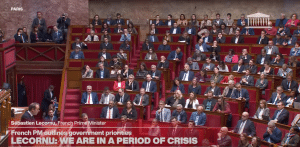
Lecornu speaking, and the people who will decide his fate tomorrow.
The next budget will be hashed out the dirty way, political fighting, infighting, deals, promises, broken or not the messy stuff of running a nation in opening days of the third millennium. Lecornu has chosen to work with the Socialists. They are basically the equivalent of the Democrats. There’s much further left than that in France.
Lecornu isn’t looking hard left, that’s a task he has to leave to the socialists and softer leftists. “Go get your own and let’s make some laws,” seems to be the message. That could be harder than people realize. I don’t know if the Left can do that, or when it comes down to it, if Lecornu can either.
Many of the leftists favor imposing a Zucman tax, a proposal from French economist Gabriel Zucman to assess a flat tax on households with a fortune of 100m Euros or more, annually. Like America, France’s ultrarich pay next to no taxes as a proportion of their wealth. Lecornu is saying France must cut services to balance the budget, but the people he’s accessing for power are much more inclined to tools like Zucman’s tax to stabilize French finances. Can he roll with that? Can he compromise, or talk the leftists out of such a tax for now? This is just one example of the complexities he’ll face tomorrow, if he’s allowed to stay in post by the parliament.
That’s just one place where there are no easy compromises, and all the fights are ideological as much as practical. I don’t know if Lecornu has the political talent to lead such a factious body back to doing its job, but we’ll find out.
An election right now, or even soon, would likely wipe out the center. It might also debilitate the left, and hand power to Le Pen and her band of weirdos. That also has to be in the minds of the Left, but they may also contemplate that letting Le Pen’s fascists lose on the country for a couple years will boost them in the next presidential election. I wouldn’t count on that if I were them.
Lecornu said “There are too many people entering the workforce too late and leaving it to early.” And this is an interesting point, and an interesting problem for France, and perhaps not only for France.
The other side of pension reform Lecornu put on hold today doesn’t get talked about much, but it should be. There a reason it was largely younger people who protested extending French work life to 64 years. The first function of retirement is to let the older people rest and slow down for their last phase of life, but the second function of retirement is to let new people enter the work force. Youth unemployment in France is close to 19%, just a little better than Greece’s. In Germany, usually considered France’s peer economy, that rate is just 6.3%. If their parents and even grandparents never seem to retire, what chance do the young people who filled the streets protesting last summer have of building careers themselves?
This problem hasn’t hit the US as hard, in part because so many young people are seeking college degrees, and delaying entry into the workforce. The flip side of that is our crushing debt levels, which also serve to make us more timid in political expression than the French are. There is little shame in the culture on this side of the pond for being out of work and protesting. The French believe that the system should work for them, not vice versa.
During the last crisis he precipitated Macron went to his beach house and ignored everyone. To Manny, the crisis was clearly everyone else’s fault, Macron took no responsibility. After that he mostly left France and jetted around the world to hang out with other leaders. Anyone, really, but the French. The last time he gave a speech at all to his people was May this year, but even that was a three hour Q&A session with callers on a TV show.

As of right now Lecornu just barely has enough votes to stay in post as Prime Minister. But it’s a long night ahead.
It’s not exactly a forum for bringing the people along on a policy journey. Macron has broken up with France, but doesn’t want to lose the privileges that come with the relationship. He’s just a jerk now, an absent president who doesn’t really care.
Tomorrow is the new Sebastian Lecornu’s first test; there’s a confidence vote for him in the morning. If he fails to get enough support, he will be gone, and the wheel will turn again. But right now, it looks like he will just barely about make it.
I don’t know if Lecornu can live up to his new personality. I don’t know if any of us can meet this moment, around the world.
But if I can convince the French, or any other country, to look to America for a political lesson, it would be don’t let go of education. Before our systems could fall to the idiot king of tacky who now rules our country, we had to spend decades destroying our own education system to the point where we, the original modern democracy, no longer had the skills to maintain any democracy at all. We failed. Maybe not for ever, but for now.
Things fell apart; the centre did not hold. The worst are indeed full of passionate intensity, but perhaps there are still some out there with conviction. Perhaps we can still stop the rough beast from reaching Bethlehem.








